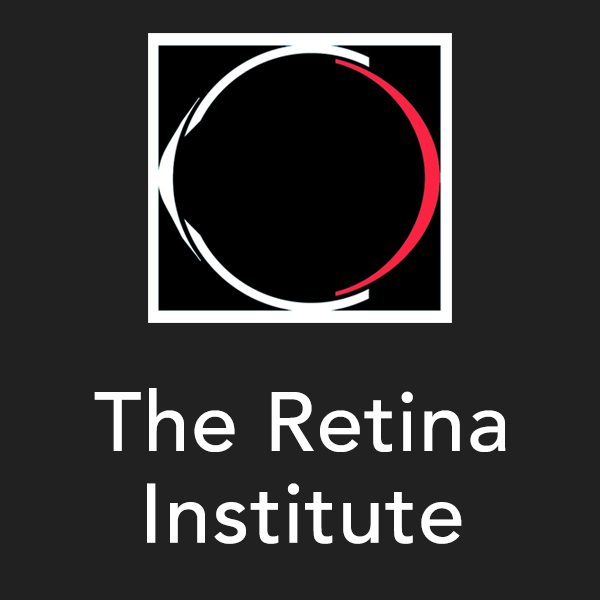Coronavirus (COVID-19)
In response to coronavirus pandemic, The Retina Institute has taken additional measures to assist in preventing the spread of the disease. We remain committed to providing the utmost care for our patients as well as making all of our offices as safe as possible for everyone.
what to expect
Anyone with a fever or who is considered to be at high-risk of exposure to the virus may be asked by their ophthalmologist to reschedule their appointment.
All patients must wear a mask when recommended by the CDC. The mask must be worn over the nose and mouth at all times.
We ask that you limit the number of people you bring with you to the office.
When in our waiting rooms, we request that you practice social distancing when possible.
We will be cleaning all surfaces subjected to patient contact between appointments with disinfecting wipes.
Please be aware that our policies may change based on the current recommendations of Centers for Disease Control and Prevention.
rescheduling appointments
To help prevent the possible spread of the coronavirus, we are requesting patients to reschedule their appointments under any of the following conditions:
You currently have a fever, cough or feel sick.
You suspect that you have been exposed to the virus.
If you wish or need to reschedule your appointment, please call our office at 314-367-1181 or 800-888-0011. One of our friendly schedulers will be able to assist you.
CDc recommendations
The Centers for Disease Control and Prevention (CDC) has provided the public with information regarding the COVID-19 pandemic, and recommendations to reduce the spread of the disease. Below is some of their data and guidelines. Visit their website at
On May 11, 2023, the federal COVID-19 Public Health Emergency declaration ended.
Vaccines are still available. They are safe, effective and free.
Some CDC advice includes:
If you feel sick. . .
Isolate yourself from others if you suspect you have COVID-19. Stay home unless you need medical attention, then make sure to get the assistance that you require.
Monitor your symptoms
Test and treat early
Wear a mask to help prevent the spread of the disease.
Other recommendations. . .
Avoiding people who are sick is the best prevention from getting ill.
Sneeze or cough into your sleeve or use a tissue, and dispose of tissues in proper containers.
Wash your hands frequently with soap and water for at least 20 seconds or use hand sanitizer that is at least 60% alcohol.
Wipe down frequently touched surfaces with disinfecting wipes.
Avoid direct contact with sick individuals, and practice social distancing.



